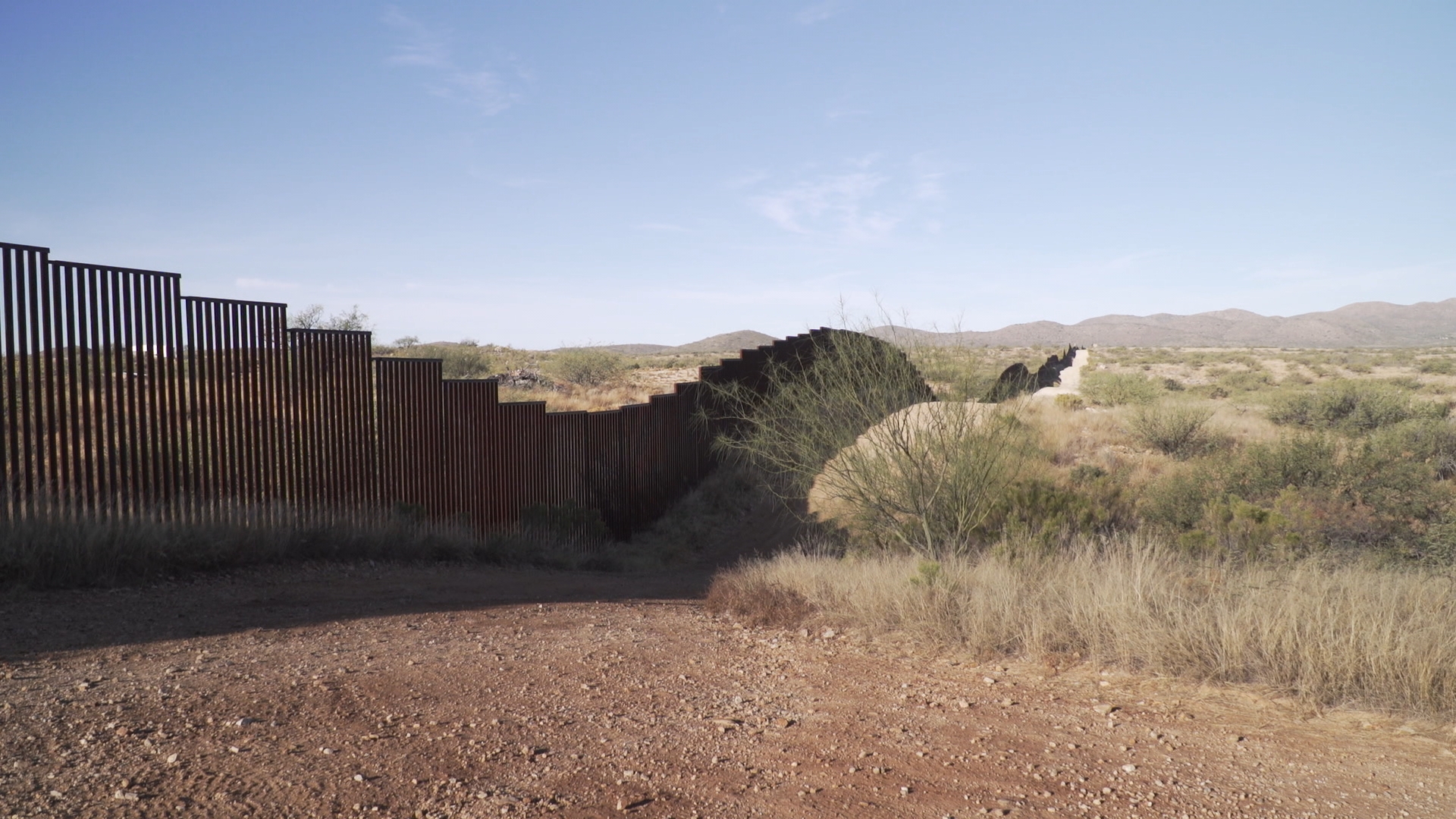Check out the Live Stream Here
Even if we don’t know yet how to align Artificial General Intelligences with our goals, we do have experience in aligning organizations with our goals. Some argue corporations are in fact Artificial Intelligences – legally at least we treat them as persons already.
The Foresight Institute, along with the Internet Archive, invite you to spend an afternoon examining AI alignment, especially whether our interactions with different types of organizations, e.g. our treatment of corporations as persons, allow insights into how to align AI goals with human goals.
While this meeting focuses on AI safety, it merges AI safety, philosophy, computer security, and law and should be highly relevant for anyone working in or interested in those areas.
Buy Tickets Here
Discussions on the day include:
Overview of AI Safety & definitions by Allison Duettmann, AI Safety Researcher at Foresight Institute, Advisor to EthicsNet
Corporations as Artificial General Intelligences (based on this literature review for a grant given by Paul Christiano on the legal aspects of AGI as corporations) by Peter Scheyer, Foresight Institute Fellow in Cybersecurity & Corporate AGI, Cybersecurity Veteran
Overview of the traditional field of AI alignment, with focus on CHAI’s approach to AI alignment, by Mark Nitzberg, Executive Director of the UC Berkeley Center for Human Compatible AI
Aligning long-term projects with incentives in governmental institutions, by Tom Kalil, former Deputy Director for Policy for the White House Office of Science & Technology Policy, Senior Advisor at the Eric & Wendy Schmidt Group
Building a 501c3 organization and similarities to AI alignment, by Brewster Kahle, Founder of the Internet Archive, Digital Librarian, and Philanthropist
Civilizations as relevant superintelligence (based on this paper co-authored with Christine Peterson, and Allison Duettmann for the First UCLA Risk Colloquium), by Mark Miller, Senior Fellow of the Foresight Institute, pioneer of agoric computing, designer of several object-capability programming languages
This seminar will be highly interactive – we welcome your engagement throughout the session. If you have something valuable to add to the discussion contact Allison at a@foresight.org.
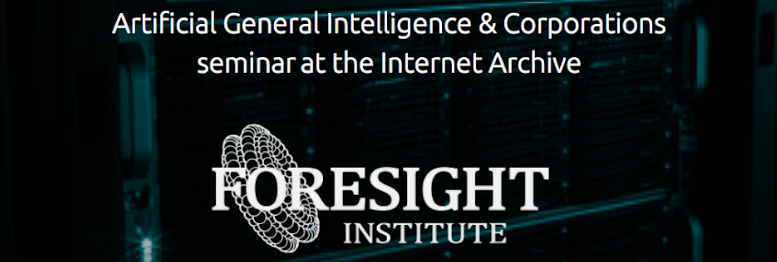

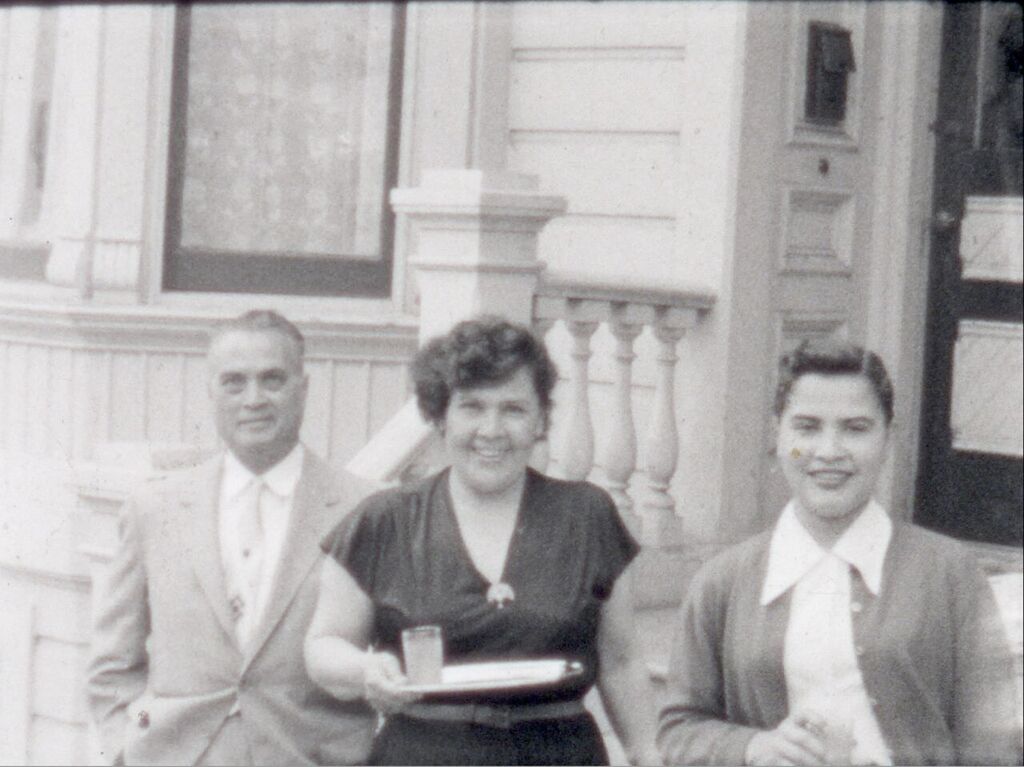
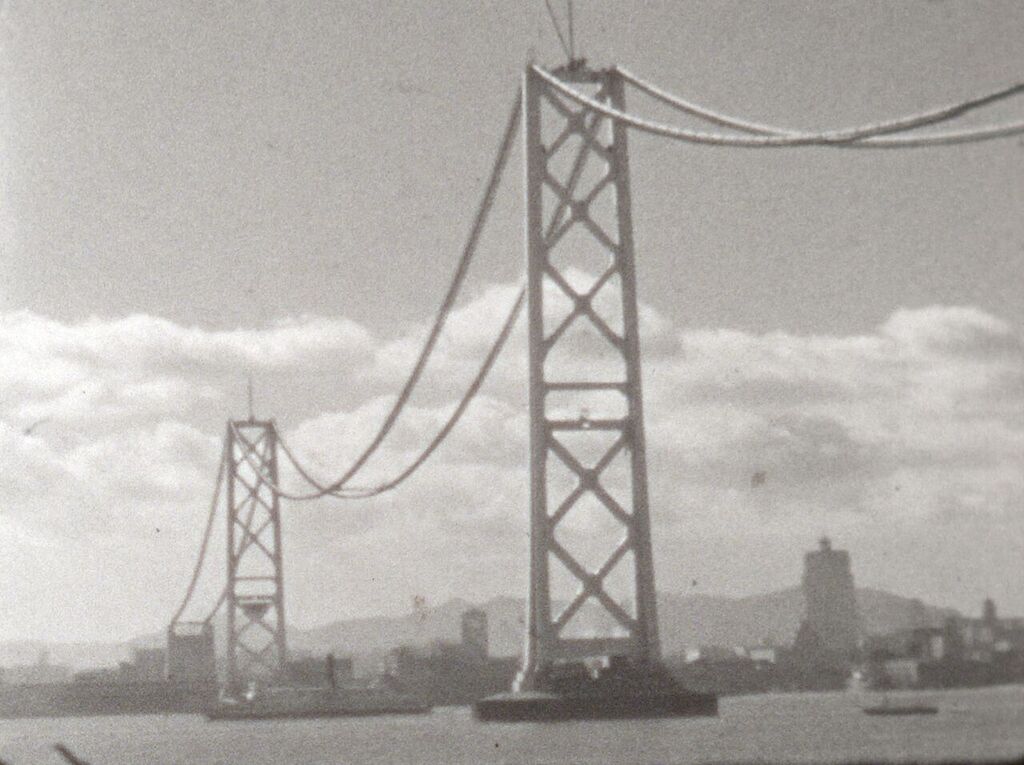
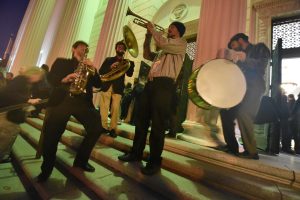

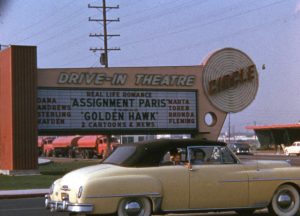
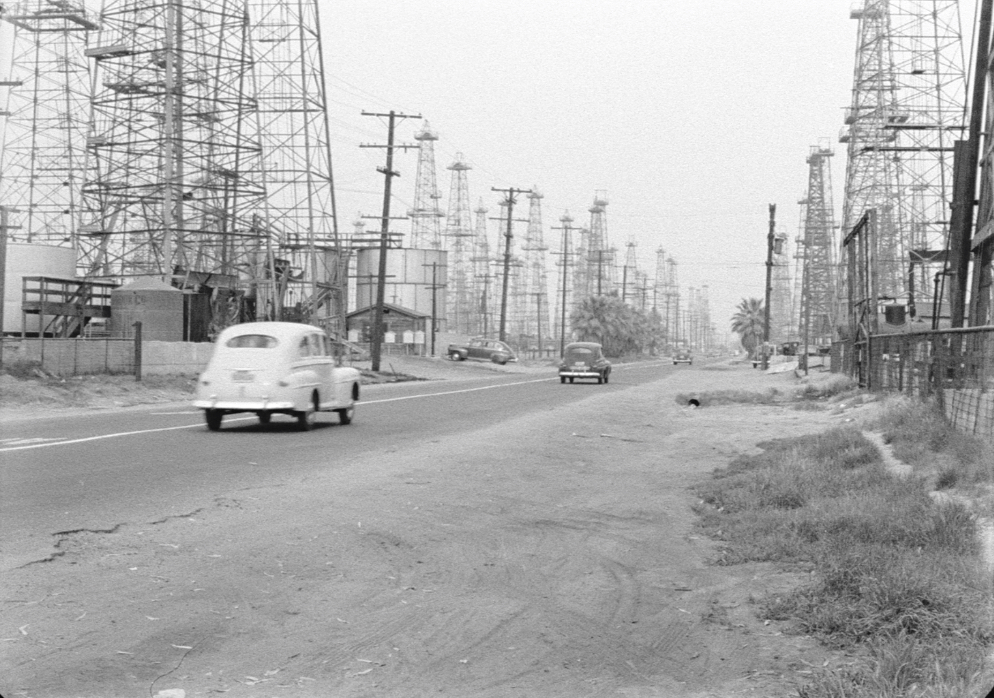 Lost Landscapes of Los Angeles is the latest of Rick Prelinger’s “urban history film events,” featuring rediscovered and largely-unseen archival film footage arranged into feature-length programs. Unlike most screenings, the audience makes the soundtrack — viewers are encouraged to identify places, people and events; ask questions; and engage with fellow audience members. While the films show Los Angeles as it was, the event encourages viewers to think about (and share) their ideas for the city’s future. What kind of a city do we want to live in?
Lost Landscapes of Los Angeles is the latest of Rick Prelinger’s “urban history film events,” featuring rediscovered and largely-unseen archival film footage arranged into feature-length programs. Unlike most screenings, the audience makes the soundtrack — viewers are encouraged to identify places, people and events; ask questions; and engage with fellow audience members. While the films show Los Angeles as it was, the event encourages viewers to think about (and share) their ideas for the city’s future. What kind of a city do we want to live in?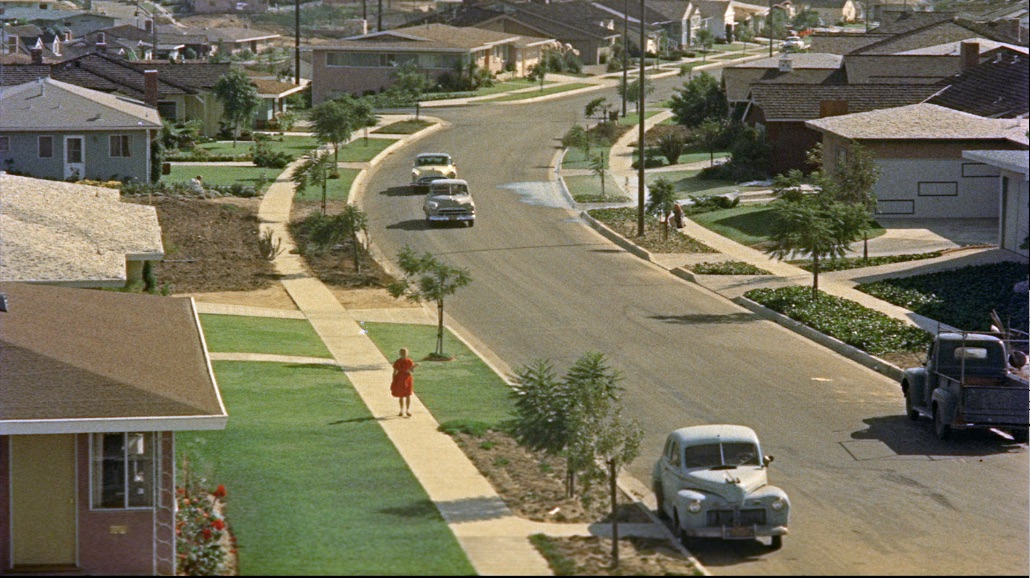 Rick Prelinger is an archivist, filmmaker, and educator. He teaches at UC Santa Cruz and is a board member of Internet Archive. His films made from archival material have played at festivals, museums, theaters, and educational institutions around the world. Lost Landscapes of San Francisco (11 episodes, 2006-2016) plays every autumn in San Francisco. He has also made urban history films in Oakland and Detroit, and is currently producing a New York film for an autumn premiere. He thanks Internet Archive and its staff for making this film possible.
Rick Prelinger is an archivist, filmmaker, and educator. He teaches at UC Santa Cruz and is a board member of Internet Archive. His films made from archival material have played at festivals, museums, theaters, and educational institutions around the world. Lost Landscapes of San Francisco (11 episodes, 2006-2016) plays every autumn in San Francisco. He has also made urban history films in Oakland and Detroit, and is currently producing a New York film for an autumn premiere. He thanks Internet Archive and its staff for making this film possible.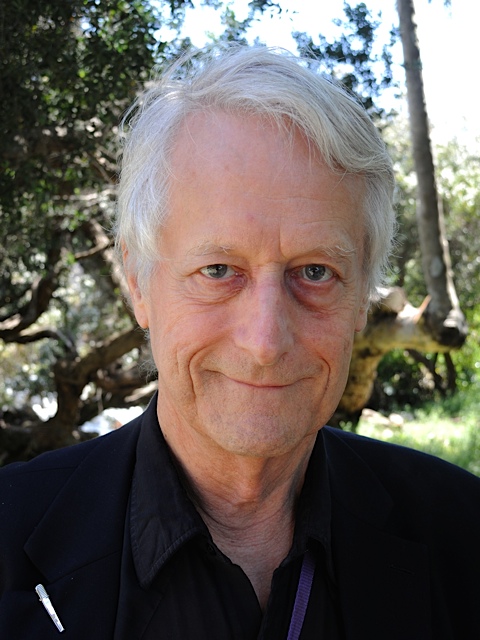 You’re invited to a birthday celebration for Ted Nelson on July 11th at 6 p.m. at Internet Archive headquarters,
You’re invited to a birthday celebration for Ted Nelson on July 11th at 6 p.m. at Internet Archive headquarters,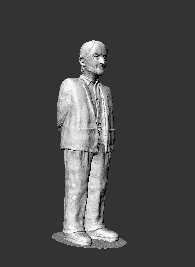
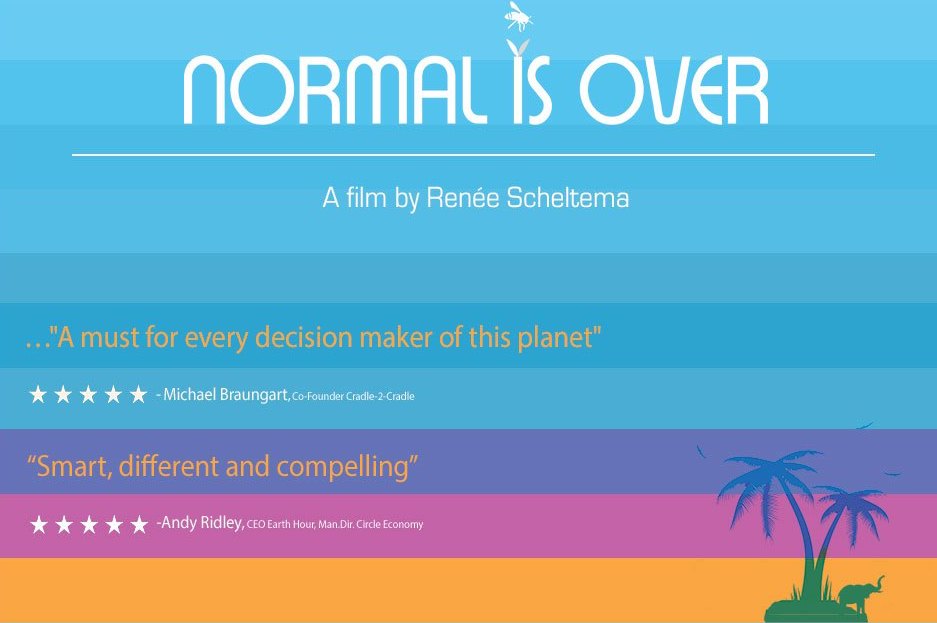
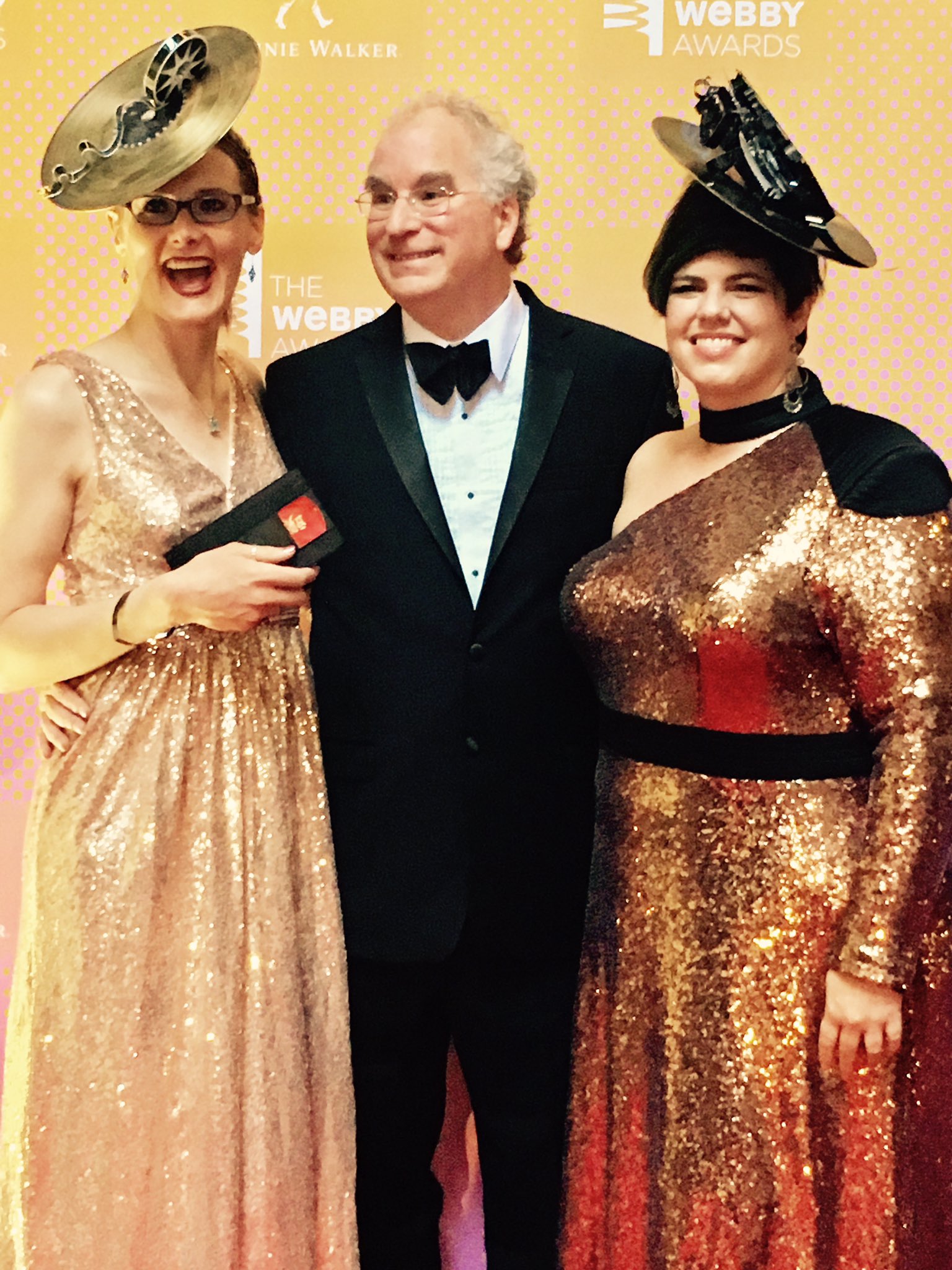
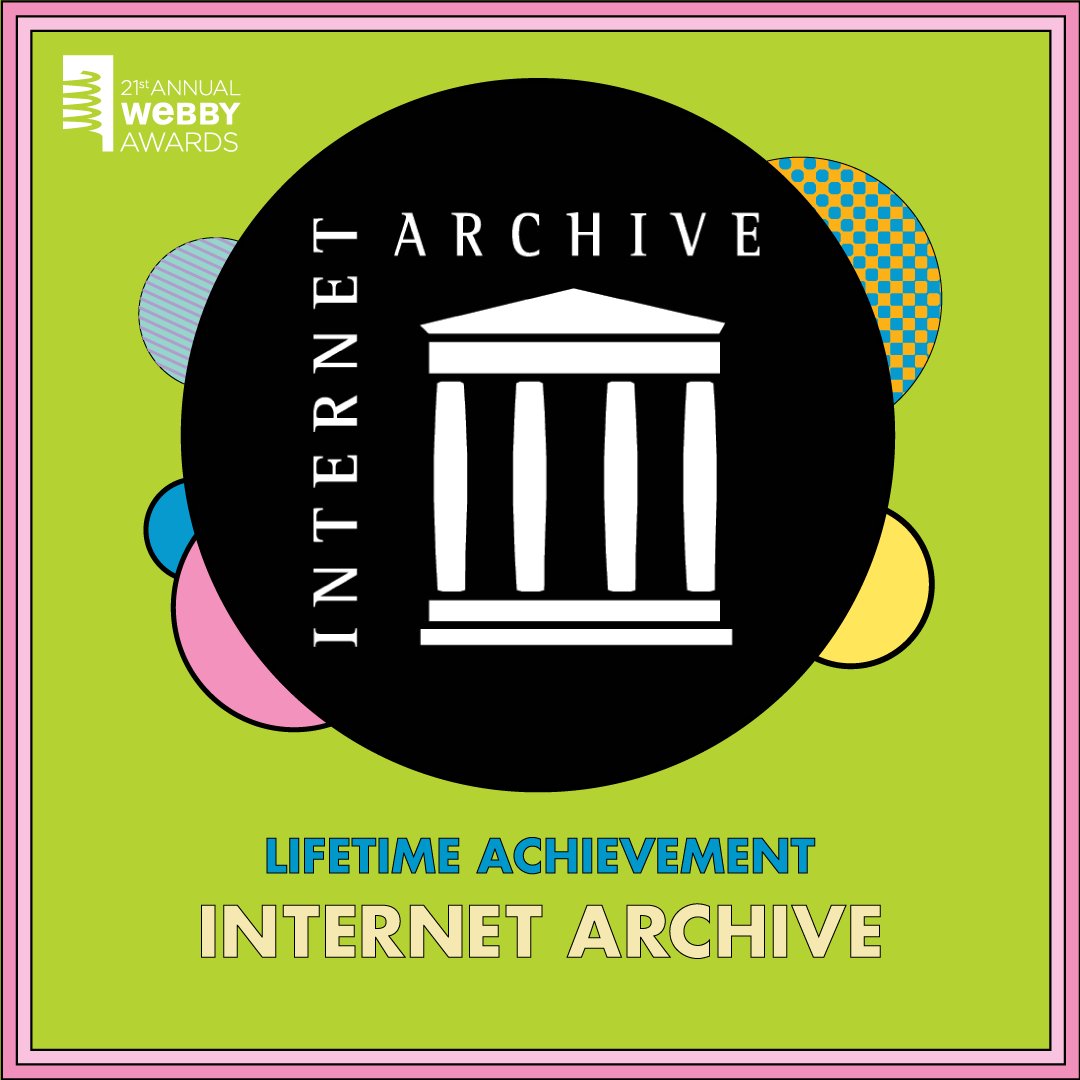 Lifetime Achievement: Archive.org for its commitment to making the world’s knowledge available online and preserving the history of the Internet itself. With a vast collection of digitized materials and tools like the Wayback Machine, Archive.org has become a vital resource not only to catalogue an ever-changing medium, but to safeguard a free and open Internet for everyone.
Lifetime Achievement: Archive.org for its commitment to making the world’s knowledge available online and preserving the history of the Internet itself. With a vast collection of digitized materials and tools like the Wayback Machine, Archive.org has become a vital resource not only to catalogue an ever-changing medium, but to safeguard a free and open Internet for everyone.